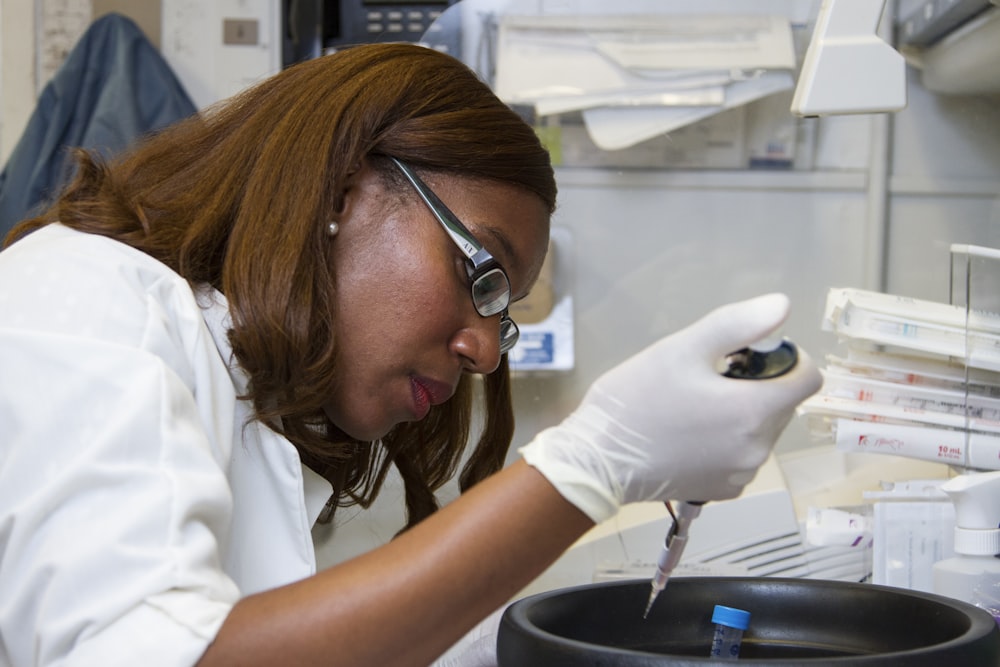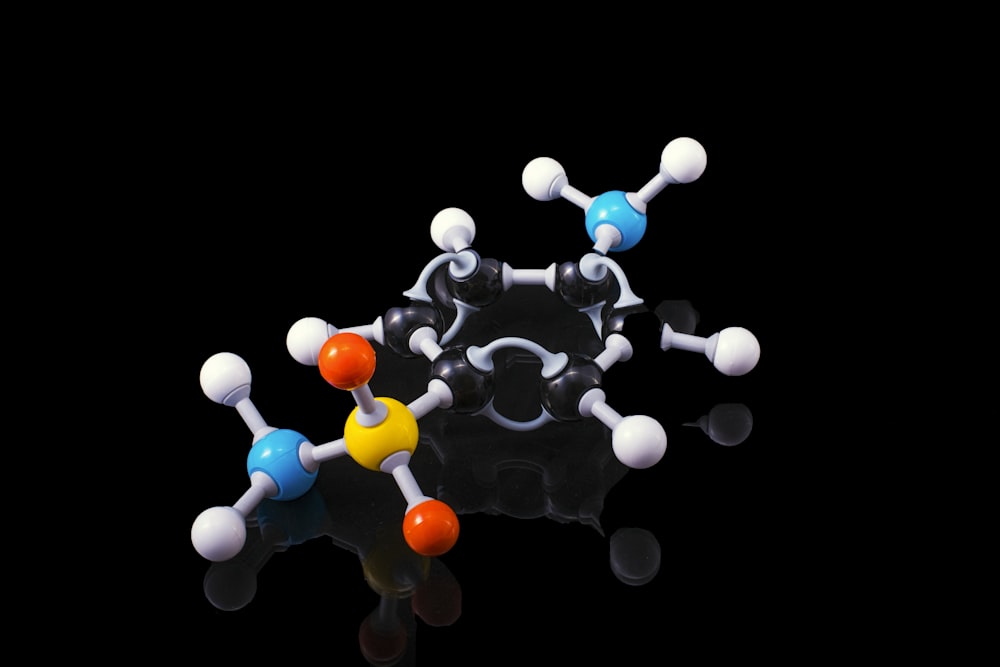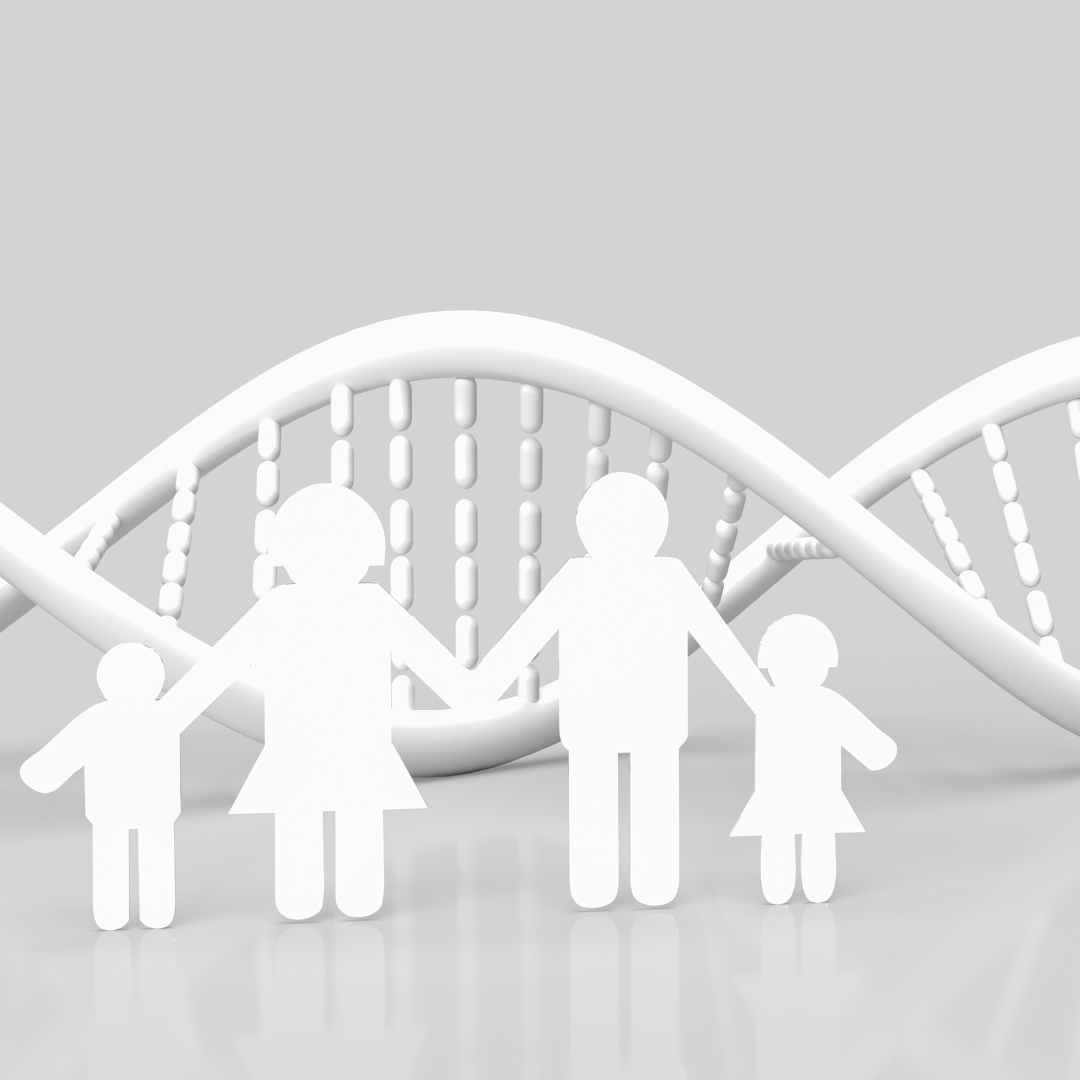
Changes in your hormone levels could be the cause of various changes in your health. Hormones are chemical messengers that deliver instructions to your organs, muscles and tissues via the bloodstream. They are essential for sustaining life in every organism on earth. Even plants have hormones.
As humans, we understand the importance of various functions of hormones. For example, hormones regulate our body temperature, hydration, reproductive cycles, sleep cycles, growing and repairing abilities of tissues, and can even influence our mood.
The effects of some hormonal activity are immediately apparent, such as sexual arousal. Others, meanwhile, occur slowly over time, and the effects take longer to see, such as growing and aging.
The system that controls hormone secretion is called the endocrine system. It consists of several glands throughout your body and works in conjunction with the hypothalamus, a sliver of our brains that regulate our internal functions.
For the most part, our body does a good job of maintaining healthy hormone levels on its own. Occasionally, however, our endocrine system can malfunction or be affected by our environment in a way that can lead to a hormonal imbalance. A hormonal imbalance can have side effects that vary in severity.
So, how do you know if you have a hormonal imbalance or unhealthy hormone levels, and what can you do about it?

What Can Affect Hormone Levels?
Hormone secretion is mainly governed by the hypothalamus, but ultimately your hormones are secreted from various glands throughout your body. The most important gland is the pituitary gland, or ‘master gland’ as it’s sometimes called since it prompts most of your other glands to secrete hormones.
Your hormone levels can be altered due to disease, medication, environmental stimuli and, in some cases, genes. Taking a DNA test can give you insight to any genetic predispositions to health conditions that may affect your hormones.
Brain tumors can sometimes cause the hypothalamus and/or the pituitary to either over or underproduce hormones.
Another factor is your age. Of course, our teenage years are a time of increased hormone production, but our hormone levels fluctuate as we approach middle age and enter our golden years, too. Production of certain hormones, like sex hormones, slows down as we get older, while other hormone levels (like follicle-stimulating hormone FSH) increase.
Certain hormones of ours (estrogen, progesterone and testosterone) can lead to symptoms of depression and anxiety, which in turn influence our behavioral stress responses and can lead to increases in other hormones, like cortisol.
How To Spot A Hormonal Imbalance
There is no ‘master test’ to determine if you have a hormonal imbalance, but your doctor can make reasonable assumptions based on your symptoms and go from there.
Recently, at-home blood tests have become available, which can reveal your hormone levels and help you figure out the root cause of a health problem.
Arguably, an imbalance in our reproductive hormone levels is the easiest to identify.
The male reproductive hormone is testosterone. When a man has too little testosterone, he might experience:
- Low sex drive
- Erectile dysfunction (ED)
- Fertility problems
- Loss of muscle mass and/or bone density
- Loss of hair
- Mood swings
Too much testosterone can cause low sperm count, aggression, acne or increased muscle mass.
If you are experiencing any symptoms that might suggest a hormone imbalance, a visit to your doctor is a good idea. They could run a blood test to check hormone levels and thyroid function, and if you are a woman a pelvic exam and imaging tests such as ultrasound will be ordered.
A woman has four hormones involved with menstruation, but to keep it simple we will focus only on estrogen.
A woman with too much estrogen might experience weight gain, low sex drive, possible breast lumps and uterus fibroids, irritability and/or depression. If her estrogen levels are too low, she might have irregular periods or her periods may stop completely, hot flashes, vaginal dryness and/or trouble sleeping. These are only a few examples of symptoms a woman with too much estrogen may experience.
What Are Healthy Hormone Levels?
We couldn’t possibly cover healthy levels of all the various hormones we have, so to keep it simple let’s review our sex hormones and what levels are considered healthy.
For men, clinicians should use a total level of testosterone below 300 ng/dL (nanograms per decilitre) as a reasonable cut-off in diagnosis of low testosterone according to recent guidelines from the American Urological Association (AUA)
Because women go through menopause, a woman’s hormone levels are going to fluctuate more than a man’s. For those who experience regular menstrual cycles, the estradiol levels are considered healthy if they fall between 30-400 pg/mL (picograms per millilitre) before menopause and 0-30 pg/mL after menopause has begun.
Progesterone, a hormone involved in menstruation and pregnancy, is going to have fluctuating levels during the course of a woman’s 28-day cycle. In the beginning of the menstrual cycle before ovulation, her progesterone level should be under 1 ng/mL, and by the middle of her cycle, it should fall between 5-20 ng/mL. During her first trimester of pregnancy, a healthy level of progesterone is anywhere between 11.2-90 ng/mL

Healthy Levels for Other Important Hormones
Her LH levels should be 1.37-9 mIU/mL during the follicular phase, peak at 6.17-17.2 at mid-cycle, and fall back down to between 1.1-9.2 during the luteal phase. After menopause her LH levels can range between 15.9-54 mIU/mL.
Men and women both produce follicle-stimulating hormone (FSH) and luteinizing hormone (LH) to control the production and release of eggs and sperm. In men, a healthy level of FSH is 1.5-12.4 mIU/mL (milli-international unit/milliliter) and this number does not change much.
For a woman, a healthy amount of FSH is 1.4-9.9 mIU/mL during the follicular phase, 6.2-17.2 during ovulation, 1.1-9.2 during the luteal phase and spikes anywhere from 19-100 mIU/mL during menopause.
A healthy man’s LH level remains relatively steady between 1.42-15.4 IU/L.
What To Do When Your Hormone Levels Are Out Of Range
Depending on the affected hormone, a hormonal imbalance can have life-long side effects, such as the onset of diabetes or polycystic ovary syndrome.
After consulting with your doctor, a blood test is usually the first step in determining an imbalance. You can even take an at-home blood test which could reveal a hormonal imbalance and other information about your hormone levels.
Hormone replacement therapy is one of the most effective treatments for hormone imbalance and is a common treatment for women going through menopause. Birth control pills can also be prescribed to treat some symptoms of hormone imbalance. Synthetic hormone treatment is common for conditions related to hyperthyroidism. Similarly, testosterone replacement therapy may be prescribed by doctors for men with low testosterone levels.
If the imbalance is due to a tumor, surgery or chemotherapy is another option.
When hormone levels are out of range due to conditions such as polycystic ovarian syndrome (a common condition in females), lifestyle modification such as reducing weight, physical activity and healthy diet may help. Additionally, doctors may prescribe ovulation inducing medications for women planning a family.
Ultimately, while there are some factors beyond our control, there are many things we can do to help our bodies maintain optimal hormone levels.
Getting enough sleep, exercising, and eating a balanced diet are good places to start. Additionally, spending time with others and doing things that make you happy such as fun physical activity will promote the release of the feel-good hormones that keep us in good mental health.






